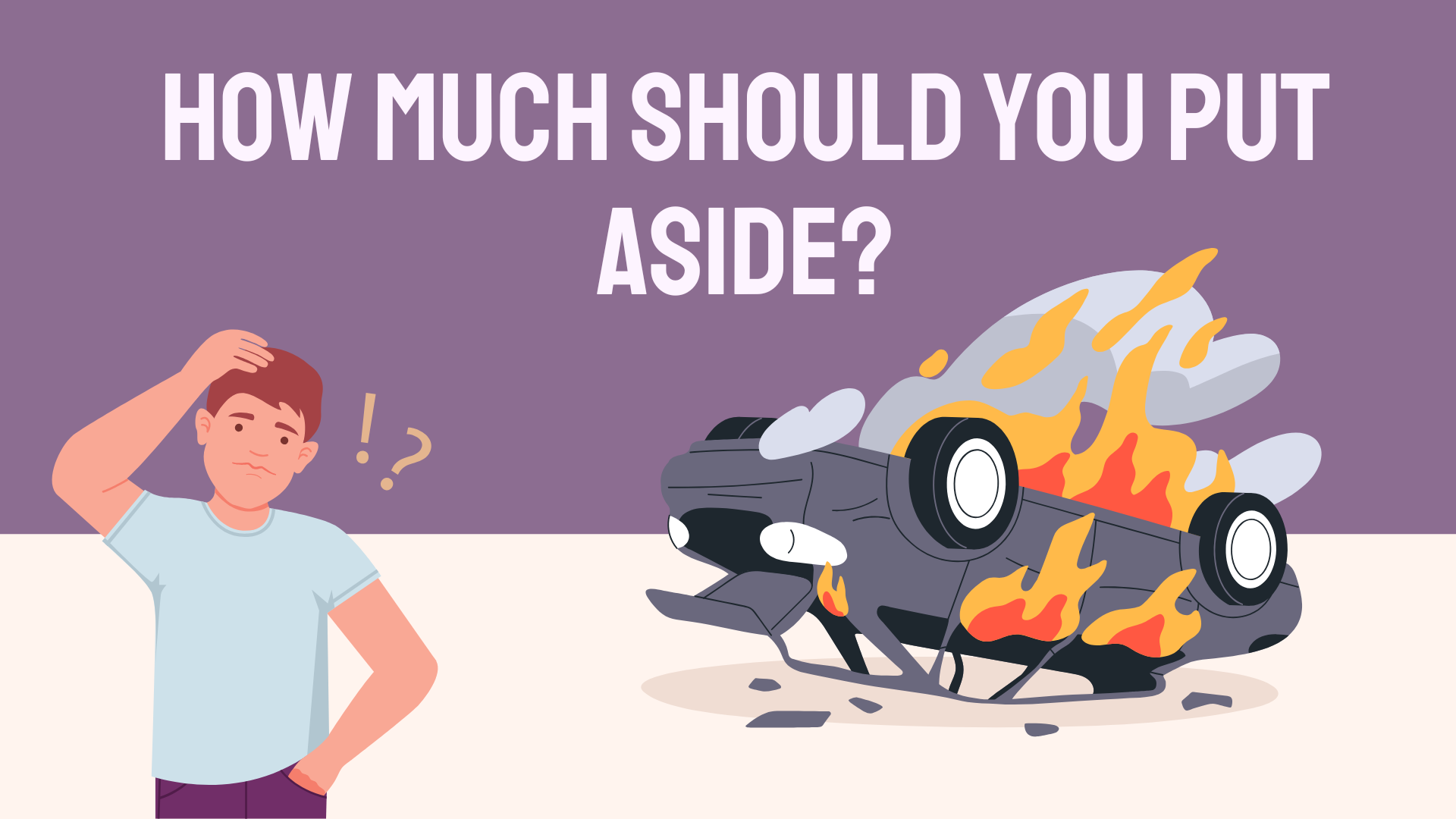How much should you have in an emergency fund?
Knowing how much to put aside for emergencies depends on your financial situation, but here are a few tips to help you decide!

Asking how much you should have in an emergency fund is as ridiculous as asking how long a piece of string is - both questions are almost impossible to answer without context. How much money you have in an emergency fund depends on a variety of factors. These factors include your current financial situation, your savings capacity, your safety nets, any dependents you may have, debts, expenses, and what your potential ‘emergencies’ might be.
Do you have an old rust bucket of a car that is a ticking time bomb and will net you a huge bill at the mechanic? Do you have a house with a roof that is overdue for a replacement? Do you have four children? Do you have a dog who somehow always seems to swallow things it shouldn’t? Do you have outstanding medical issues? Do you have any addictions? Do you have any job instability? Do you have a support network?
General wisdom is that you should aim to save the equivalent of 3 to 6 months of your usual living expenses. If your employer kicked you to the curb tomorrow, how long would you be able to survive with no income? The point of the emergency fund is to give you peace of mind and keep you out of debt, but shit happens. More often than not, emergencies are out of our control. Having an emergency fund gives you a safety net to help you bounce back without having to risk going into debt for a loan.
Follow these steps to build your emergency funds
A good place to start is to first figure out your monthly expenses, and then your monthly income. If you already have a surplus, use that as your starting point. If you don’t or if it is very small, try to figure out where you can cut costs. No more $15 avocado toast or iced caramel chocolate whipped Frappuccino with gold shavings.
Another thing to consider is what could go wrong. What could you foresee needing this money for? Of course, you cannot predict what might happen in life, but there are a few things you can use as a gauge. What happens if your rent goes up? Or your boiler bursts? Or what if your cat gets sick?
You also need to differentiate between emergency expenses and occasional expenses. The former is unexpected, while the latter should be budgeted for, like replacing your tires or buying school supplies. Setting up an emergency fund may seem like doomsday prepping, but your future self will thank you. Plus, once you have a decent emergency fund, you can start saving for more fun things!
